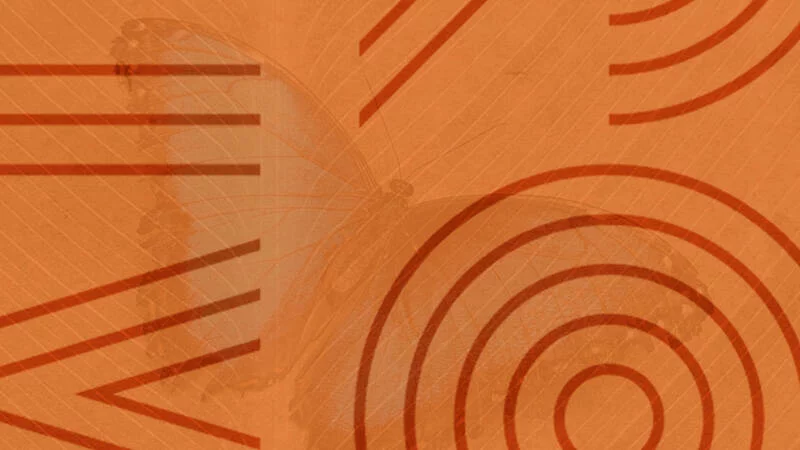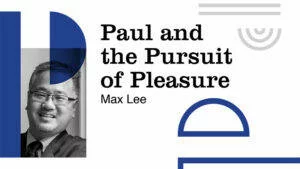 (Thank you for the opportunity to participate in this conversation. I feel a bit like an amateur player who inexplicably finds himself at the big table for the World Series of Poker. But the subject is irresistible, and I welcome the opportunity to explain what I meant when I said to my friend Dan Treier that “I believe in chance.”)
(Thank you for the opportunity to participate in this conversation. I feel a bit like an amateur player who inexplicably finds himself at the big table for the World Series of Poker. But the subject is irresistible, and I welcome the opportunity to explain what I meant when I said to my friend Dan Treier that “I believe in chance.”)
Me: So what about the proposed distinction between chance and randomness: does it fly?
Myself: From my angle, no. Chance and randomness are two members of a tangled cluster of concepts that also includes coincidence, causality, and providence, among others. Chance and randomness in particular are intimately related. Their shades of meaning differ (sometimes significantly) depending on the conversation at hand, but often the latter can be said to be subsumed under the former, with a special emphasis on probabilistic outcomes. From the standpoint of orthodox Christian belief, we’re right where we have always been, contemplating the inscrutable will of God.
Me: When you said “I believe in chance,” then, you weren’t saying you think there are “fundamentally uncertain events lying outside the scope of God’s will.” But what were you saying?
Myself: Chance is such a conspicuous (yet often under-acknowledged) aspect of human life. To say “God’s providence involves design; we do not believe in chance”Better to say “God’s providence involves design—a design that paradoxically incorporates chance.” is to endorse a false dichotomy. Better to say “God’s providence involves design—a design that paradoxically incorporates chance.”
Before he became famous with The Black Swan, Nassim Nicholas Taleb wrote a book called Fooled by Randomness: The Hidden Role of Chance in the Markets and in Life. It’s a disagreeably arrogant book, self-consciously so, and badly written too, but also very much worth reading (there are parts I couldn’t understand, largely due to my own ignorance, but the gist is clear). At the same time, we could use another book to complement it, one that showed how, from a different angle, the role of chance in our everyday lives is not “hidden” at all.
How interesting that chance should be woven into the texture of human life from time immemorial. Rather than regarding chance as something to be explained away, apparent rather than real, we should consider that it is a notable feature of creation. (James Bradley makes a similar point with regard to randomness in his essay “Random Numbers and God’s Nature,” in Abraham’s Dice: Chance and Providence in the Monotheistic Traditions, ed. Karl W. Giberson.) We must resist the impulse to tidy up after God, a temptation to which even excellent theologians are vulnerable.
Me: Hmm. Could you give us an example of a sustained treatment of chance that exemplifies the attitude you are recommending?
Myself: Funny you should ask that. I just happen to have a copy of George W. Rutler’s Coincidentally at my left elbow. This splendid book (which I first heard of, I think, in one of Richard John Neuhaus’s columns in First Things) is a work of great cunning. Rutler begins by citing examples of coincidences to which some deep meaning has been wrongly ascribed. Having pondered these, “I resolved to write an essay showing how innumerable are life’s coincidences, and how insignificant they usually are.” He gives some wonderfully ludicrous examples. But then, just over twenty pages into the preface, Rutler performs a ju-jitsu maneuver: “Odious as superstitious misuse of coincidences always is, only slightly less offensive is the underestimation of some of them”—those that we might call “God’s shorthand.” The book proceeds in the bravura manner of the preface, mixing delicious absurdity with fantastic erudition and warm piety. I don’t know how many times I’ve read it now, and I’ve never been bored.
Me: I see you have a single photocopied page at your elbow as well—does that also pertain to our conversation?
Myself: It does indeed. Early in the going of the idiosyncratic journal Common Knowledge, the editor, Jeffrey Perl, invited a number of writers to give “Calls for Papers,” which duly appeared in successive issues. The most interesting of these was jointly proposed by Elizabeth Fox-Genovese and Hugh Kenner. “The best response to an inquiry about anything is . . . everything,” they wrote.Ellipses theirs.
“If there is nothing that is not overdetermined, then a serious observer of phenomena will be—whatever else he or she may be . . . Ellipses mine.—an overdeterminist as well. Like all determinists, the overdeterminist maintains that no circumstance can be arbitrary. But the overdeterminist also holds that the determinants of any given circumstance are unlimited; hence, to some degree, unknowable. We call for papers that discredit pluralism—the mere tolerance of multiple viewpoints—in favor of this approach, founded in non-foundational philosophy, that renders every internally consistent viewpoint indispensable.”
How deftly the specter of “determinism” is banished! We do well not to “diminish the creaturely network of secondary causes,” as the initiators of this Sapientia conversation remind us, even as we remain alert to “the prints of God.” As Rutler puts it in Coincidentally, “An evil generation seeks signs and wonders, and I am not the first to say it. But a stupid generation ignores signs and wonders.”







Comments
Be the first one to make a comment!